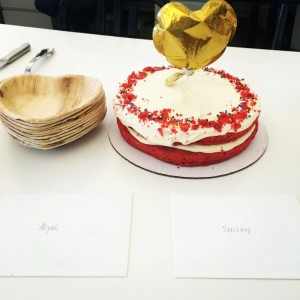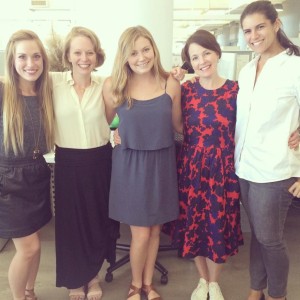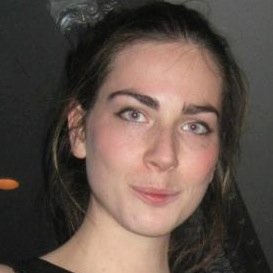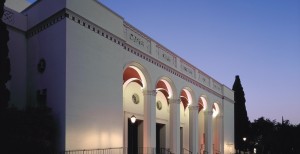I never expected to work at a weddings magazine. Reason number one? I have only been to two weddings in my life. At my first wedding, I was six years old and played the part of a flower girl for my aunt. My predominant memory from that day was getting my tooth pulled out from my grandpa the morning before the ceremony. At the second wedding, I was twenty and old enough to process what was exactly going on around me. And all my teeth stayed intact.
 When I started my internship, I truly did not know what to expect. I knew I would be working with the digital team, so I would gain some experience working in Computer Management System (CMS). However I did not know how much I would be writing nor how closely I would work with my team.
When I started my internship, I truly did not know what to expect. I knew I would be working with the digital team, so I would gain some experience working in Computer Management System (CMS). However I did not know how much I would be writing nor how closely I would work with my team.
At Martha Stewart Weddings, I was smack dab in the middle of the “edit row” with the digital team. If I had a question for the Associate Editor, all I had to do was swivel my chair to the left. If I had an idea for a gallery or article, I spun my chair to the right to pitch something to the Executive Digital Editor, who would often reply with an enthusiastic, “go for it!” I was truly lucky to work with a group of amazing women who relied on me as an asset to tap into. My supervisors treated me like I was just part of their team, rather than a young expendable intern, and I would always be included in social events like parties on the building’s rooftop or birthday celebrations.
 Although I had little experience in weddings, I learned that content for a weddings magazine incorporated a bevy of different subjects ranging from beauty to décor to social dynamics. Once immersed in the “Martha” voice, I could write about practically anything if I gave it a wedding spin. I celebrated marriage equality by creating a gallery of sweet moments from same-sex couples the magazine had featured, and compiled advice from experts including a podiatrist and Beyoncé’s choreographer to teach women how to walk in high heels. I even could discuss friendship and addressing difficult subjects like money or body image in a post “10 Things Every Bride Can Do to Keep Her Bridesmaids Happy”.
Although I had little experience in weddings, I learned that content for a weddings magazine incorporated a bevy of different subjects ranging from beauty to décor to social dynamics. Once immersed in the “Martha” voice, I could write about practically anything if I gave it a wedding spin. I celebrated marriage equality by creating a gallery of sweet moments from same-sex couples the magazine had featured, and compiled advice from experts including a podiatrist and Beyoncé’s choreographer to teach women how to walk in high heels. I even could discuss friendship and addressing difficult subjects like money or body image in a post “10 Things Every Bride Can Do to Keep Her Bridesmaids Happy”.
Now at the end of the summer, I realize that I learned some extremely important career lessons from my internship. First, you must be present. Always be available to your supervisors with new ideas and ask to help in any way you can. Second, don’t make excuses and learn from your mistakes. If you are simply running late or forgot to add an important element to your work, the best thing to do is admit that you are at fault, correct it, and remember not to do it again. Last, networking is necessary. As I spoke more and more with my team, I learned that most of them received their jobs after getting referred from a previous co-worker.
I cannot imagine spending my summer any different way after this incredible experience. I had a phenomenal work environment, learned about digital production, and also had the opportunity to live in and explore the amazing city of New York. I am so appreciative of the funding that helped me gain this experience and I can’t wait to see all the professional opportunities it will bring me in the coming year!

 Jessica Warren ’14 graduated from Scripps with a major in Anthropology. She credits her time at Scripps as one of the defining places that influenced her interests and developed her critical thinking skills that lead her to her current position as a Research Associate at the
Jessica Warren ’14 graduated from Scripps with a major in Anthropology. She credits her time at Scripps as one of the defining places that influenced her interests and developed her critical thinking skills that lead her to her current position as a Research Associate at the 
